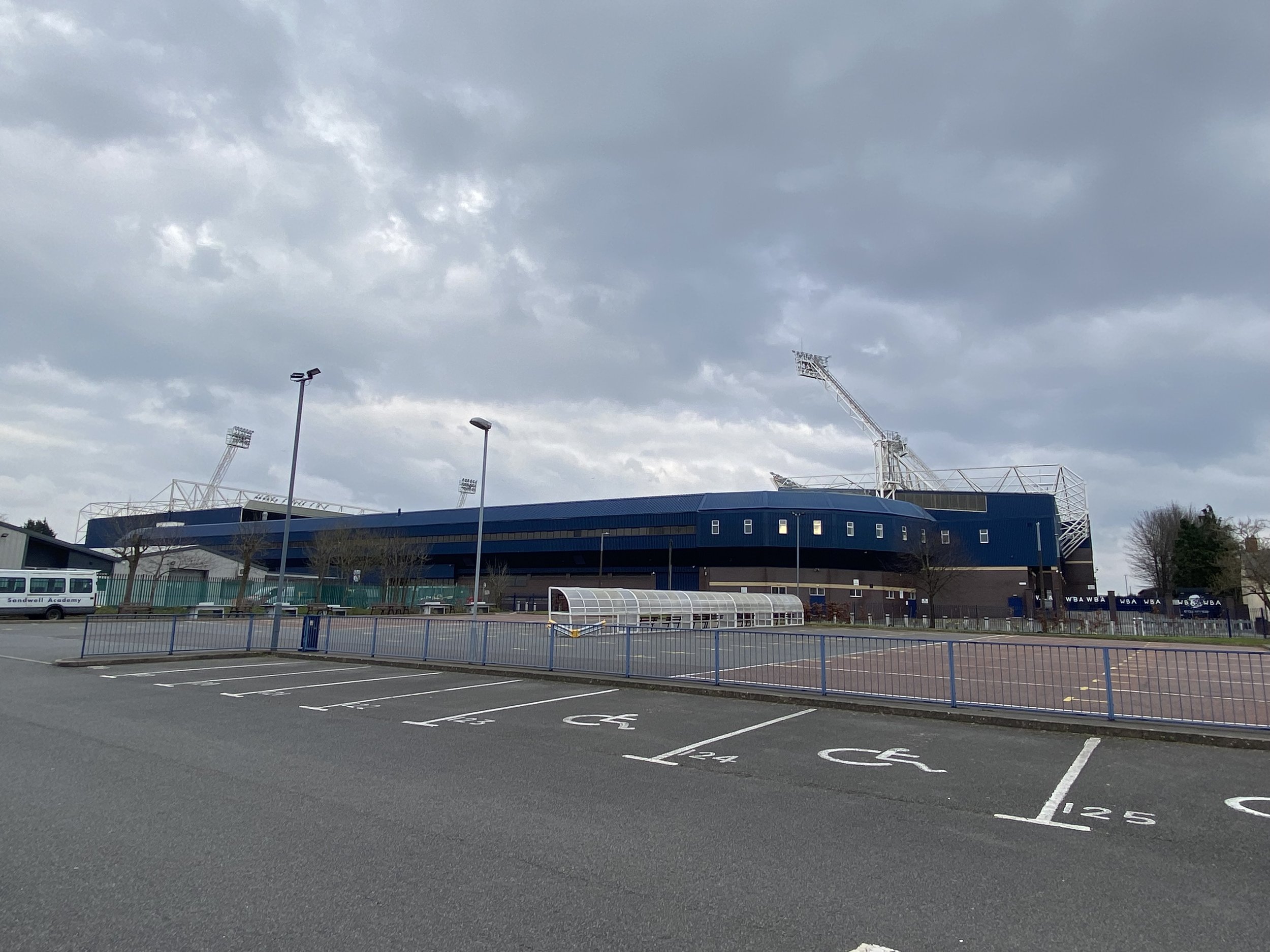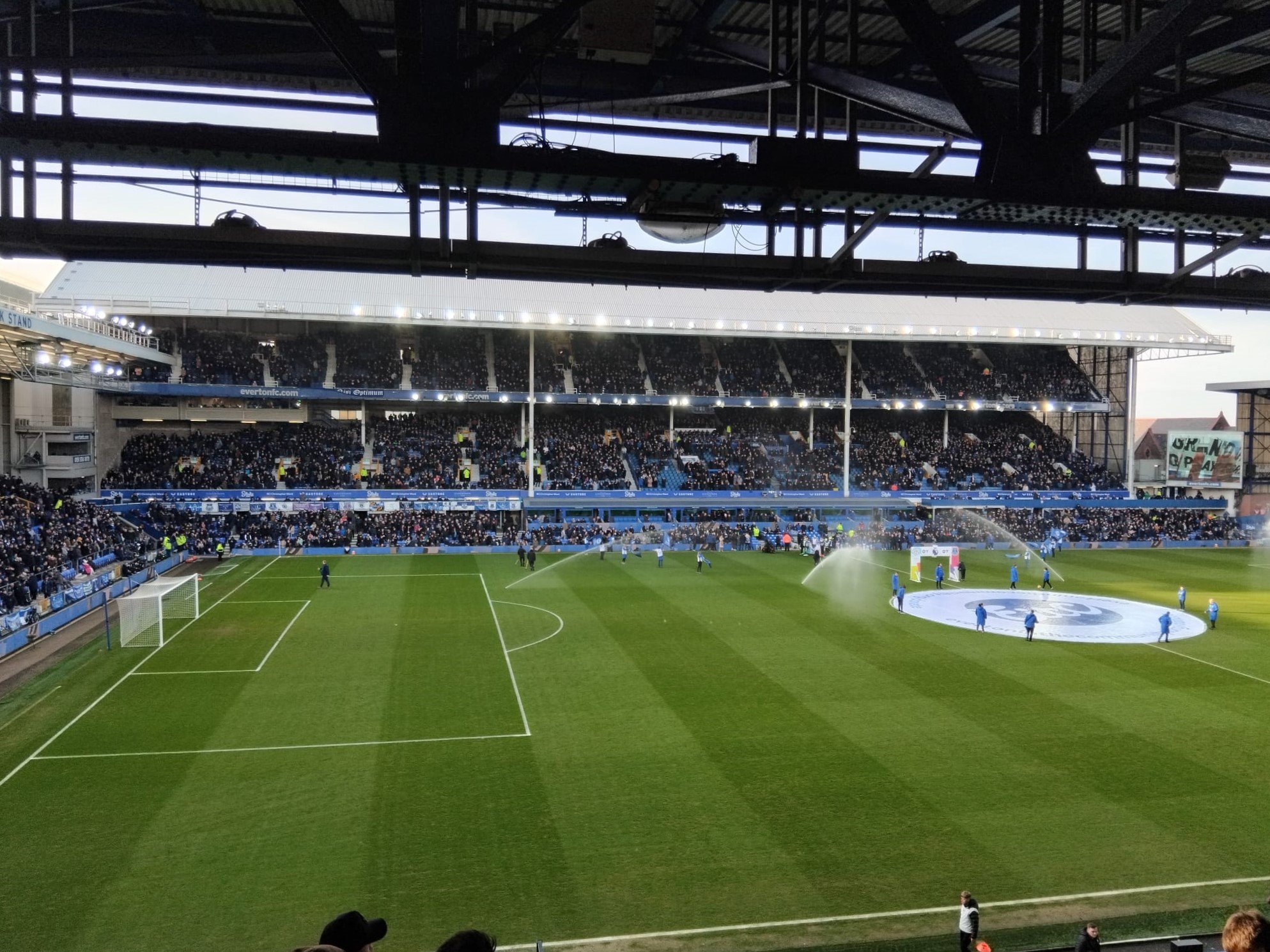Say nothing and carry a little stick: Leicester City’s management are on different pages
A season of silence and mixed signals from Leicester’s boardroom has Chris Lymn wondering whether there’s any hope of a turnaround with the current leadership in charge.
We were often told by watchers that Leicester City had too much talent to go down. A view which seemed to prevail in the executive until it was too late.
How to explain why a manager and group of players previously able to command a top half position even with key players missing, never really got a grip on last season?
To find an answer some knowledge of the thinking of the club’s management is needed. It is here we have a problem.
Something many of us value and claim ownership of is not working. But, although we regard the club as our most prominent example of local culture, it’s not ours to influence or hold its leadership to account. It has become the Court of King Power.
Its internal activities are primarily subject not to local opinion but commercial confidentiality. Which, when things are purring along successfully, is fine. Few complained of the executive decision-making a couple of seasons ago.
Now, as we pick through the bones of this season’s debacle, we have to start thinking the unthinkable. Such thinking turns to: who carries the can?
A ship in stormy waters
What we do know is that two people have the ear of the owner. Lifetime club careerist, Jon Rudkin and King Power appointee, Susan Whelan.
Rudkin has risen to his present position after more than twenty years at the club. His previous position was as head of the Youth Academy at Belvoir Drive from 2003 to becoming Director of Football in 2014. He is a board member at sister club OH Leuven. His rise in the game is nothing less than meteoric.
If Rudkin’s qualifications are modest, CEO Susan Whelan’s are a dazzling record of a supremely talented and workaholic woman who was always going to be a success wherever she went. The club, and city, is hugely fortunate to benefit from an executive well admired by the highest in the game.
But she, like Rudkin, prefers the quiet way to go about her duties.
However, Leicester City is not a cargo ship efficiently and silently ploughing through the night unnoticed. It’s a luxury cruise ship in which customers expect to see and mix with the crew and its officers, or at least to recognise them.
In elite sport, yesterday’s medals do not guarantee today’s success. And for all the undoubted ability of those at the helm and their success up to now, something has gone wrong. Very wrong.
The vision and enterprise which saw Brendan Rodgers stolen in broad daylight to head up Seagrave’s palatial nod to the future lies in ashes. The face of Leicester City for four years has gone, with not a word in his wake.
The task now confronting the executive is whether they can again show the vision that drove us to the Promised Land and get everything back on track. A task made more difficult by the loss of the club’s Premier League status.
Mixed messaging and public spats
Despite the current recent pain, our demise has not happened overnight. There had been signals over a year before, notably at Nottingham, of all places.
Fans had been shocked at the meek way in which ‘our’ FA Cup had been surrendered to a local Championship rival in February last year. Far from being an aberration, it was a harbinger of the unpredictable displays to come. An alert management would surely have read the signs and reacted urgently.
More recently, we were told of Rodgers’ ambition to refresh the squad and shocked at its rapid dismissal. That in itself displayed a dislocation in management communication. And worse, it was in public.
Against this background, this season’s transfer embargo, curiously not communicated to the team manager, offered a glimpse of an executive seemingly out of step with each other and having lost control of the finances.
The justification, roughly translated, meant ‘we have been living beyond our means’.
Brendan Rodgers will have been shocked at all this and it must have been at that point where he lost confidence in those who had persuaded him to become the key player in the King Power/Leicester City/Seagrave project. His observation at the time about the club ‘not being the same as it was’ was more apposite than we recognised.
This dislocation within the club hierarchy goes a long way to explaining the noticeable loss of drive in both the pitch and technical area that became obvious to us on the terraces as the season stuttered on. Rodgers’ disillusion was to result in a season marked by political wrangling which was allowed to fester.
Despite that, the board retained confidence in Rodgers’ value to the project and were reluctant to end it. So confident were they that no plan for the post-Rodgers era had been prepared, an oversight which led to paralysis rather than decisive analysis and action. That failure proved to be fatal.
Rodgers was never going to prevail if his seeming truculence carried a real threat of relegation. His barely disguised feelings were clear to us fans and some of his players, who had already heard his words about a clearout.
There have been two statements from the club in the wake of our demotion. The owner assured us of his determination to recover our position, which was welcome, but a less welcome post-relegation in-club inquiry was also announced. One to be conducted by the very figures who should have been subjects of it. Consequently, few of us anticipate any sense of independent neutrality.
The review is more likely to be an exercise in throwing the departed manager under the bus. Rodgers, however, displayed a lack of leadership which will lend credence to this view.
Ironically, he was fond of saying ‘if you can’t win, don’t lose….’
Rudkin and Whelan are fond of saying nothing.




